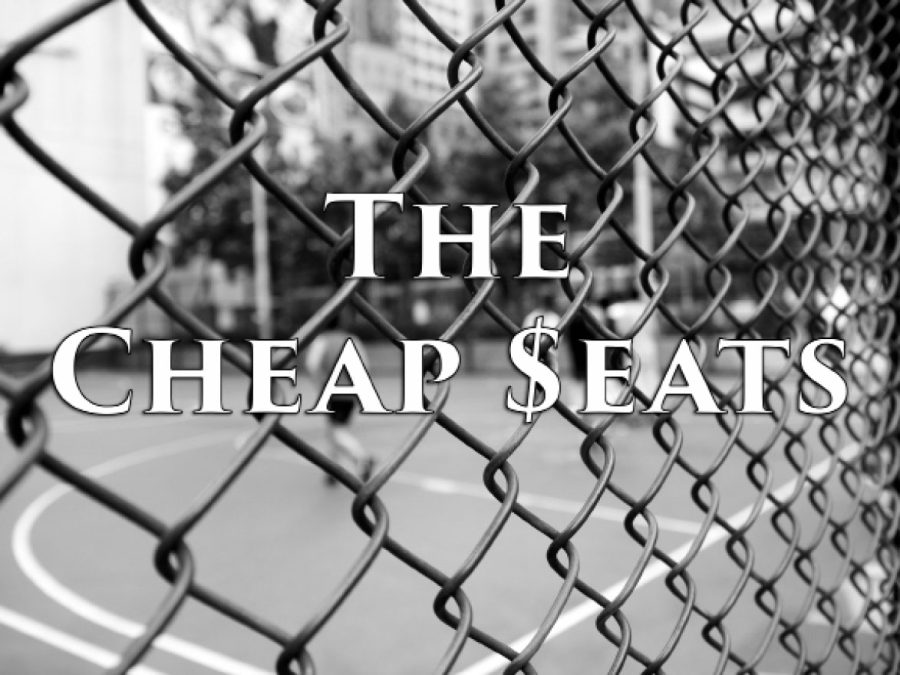Cheap Seats: The obsession with getting the call right is wrong
“I just want to see them get the call right,” said every sports personality, anywhere, over the last decade or so. This phrase may be the most overused and irritating cliche in sports today and it’s destroying the viewing experience for fans of major sports everywhere.
This obsession with perfection is a disease spreading its way across the sports landscape, robbing teams who win of their glory and leaving losing teams wallowing in self-pity and excuses about how they got robbed.
The NCAA basketball National Championship Game, the NFC Championship game, the Golden State Warriors against the Minnesota Timberwolves on March 29 and the San Francisco Giants opening day game this year are just a few recent games which brought up the issue of players and fans incessant need for calls to be perfect and consistent. If they aren’t, they throw tantrums, blame officials and begin to call for the dreaded expanded instant replay.
There is nothing wrong with getting calls right and there is nothing wrong with the practical reality that replay can help overturn an egregious missed call. There is something wrong with living in a fantasy world in which every call can and should be correct, and if only it was correct, people could just focus on the purity of the game and not the blown calls.
There is two problems with this fallacious reasoning. One is that it is literally impossible to get all the calls right. Sometimes no matter how slow or close you look at a play, it is not possible to see what the right call should be.
The second is that in many cases, slowing down the replay often opens up the decision to an area that goes against the spirit of the game. Think of a guy stealing second base who clearly beats the tag but maybe had a split second where his hands are past the base and he is getting up so he loses contact with the base by a millimeter for a split second while the tag is still being applied.
The argument over these very close calls is a type of brain numbing nonsense that can be seen in all major sports today as the viewer watches a replay over and over and over, only to have the color analyst tell them that the call should be overturned and then it’s not.
People continue to complain and continue to not only see missed calls but have their outrage reinforced by every radio and television pundit across the country.
Apparently, these people are incapable of enjoying and talking about the game itself and have to fulfill the obligation of today’s fake outrage culture by talking about how a missed call cost a team the game and how if only we used technology we could get the calls right and then we wouldn’t have this problem.
While there is no metric to back this up, it seems clear that in a time when sports use more replay to get more calls correct than ever, there seems to be more complaining about missed calls than ever.
There is a maddening lack of acceptance that sometimes calls are going to be wrong and it’s part of the human sports experience to overcome them. This is not out of some misguided notion about the beauty of the “human element” but simply because it is just not possible to “get the call right” every time and the pursuit of this ideal is killing the watching and talking about the games.

